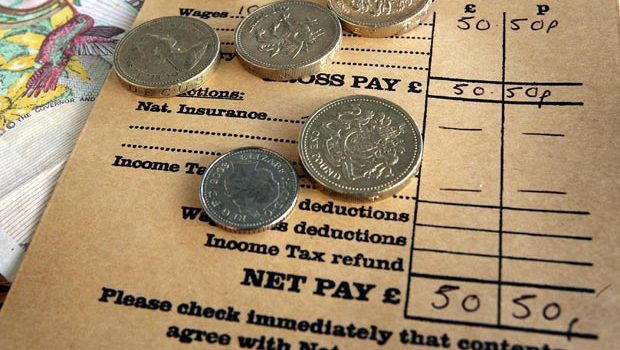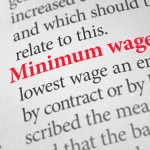


What is the ‘National Living Wage’?
From 1st April 2016 the Government’s new National Living Wage becomes law. This means that any employee aged 25 and over is entitled to a minimum wage of £7.20 per hour. As an employer it is your responsibility to ensure that you are paying your staff correctly. The...
Struggling with Employee Lateness. What you can do?
Many things can lead to frequent or regular employee lateness, and may not necessarily be the effect of a tardy and disorganised employee. Initially a chat over coffee might be all that’s needed to deal with the issue. There may be a good reason why they’re struggling...My new employees start mid-month. How do I calculate their pay?
Having employees start mid-month can be ideal if you’re really busy and desperate for help, but it can be a headache to work out how you should go about paying them. If your employee is paid ‘by the hour’ you will have already agreed the pay period, which may be...
Paying an Employee in Cash. Can I do this?
There is nothing to stop you paying an employee in cash if it works for your business. Many small businesses still handle quite a lot of cash, and it minimises the administration work and keeps banking costs down to reuse the cash in hand for wages. However, a...




